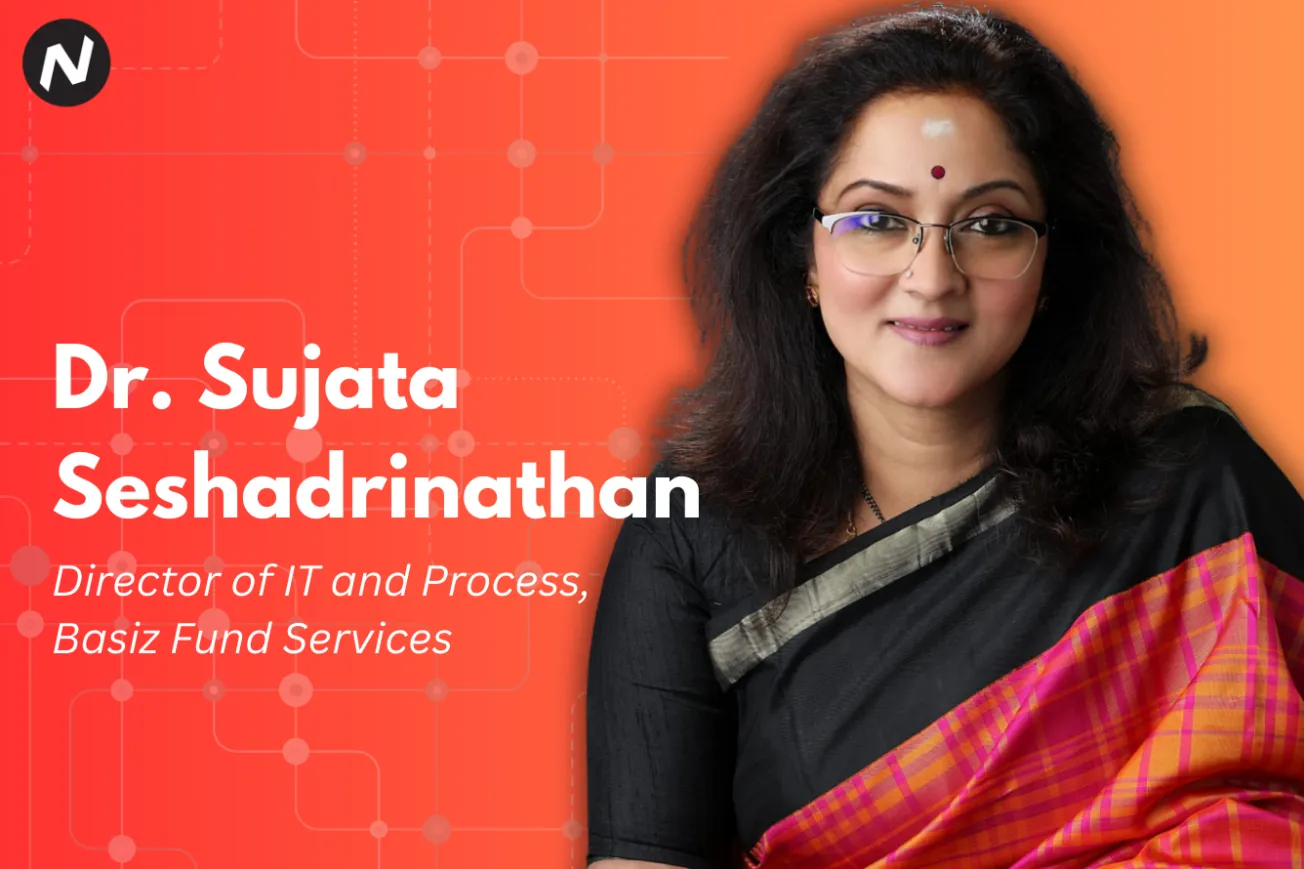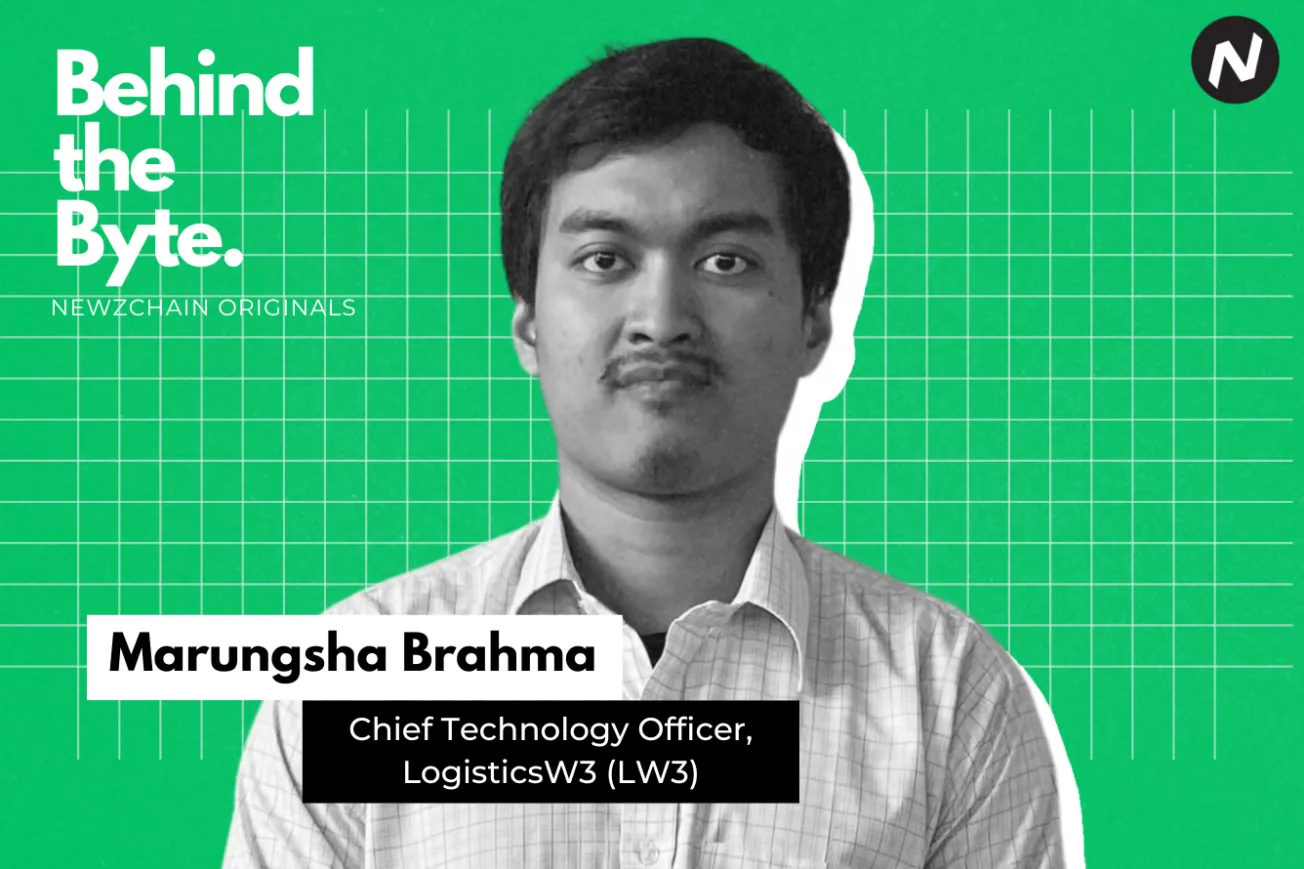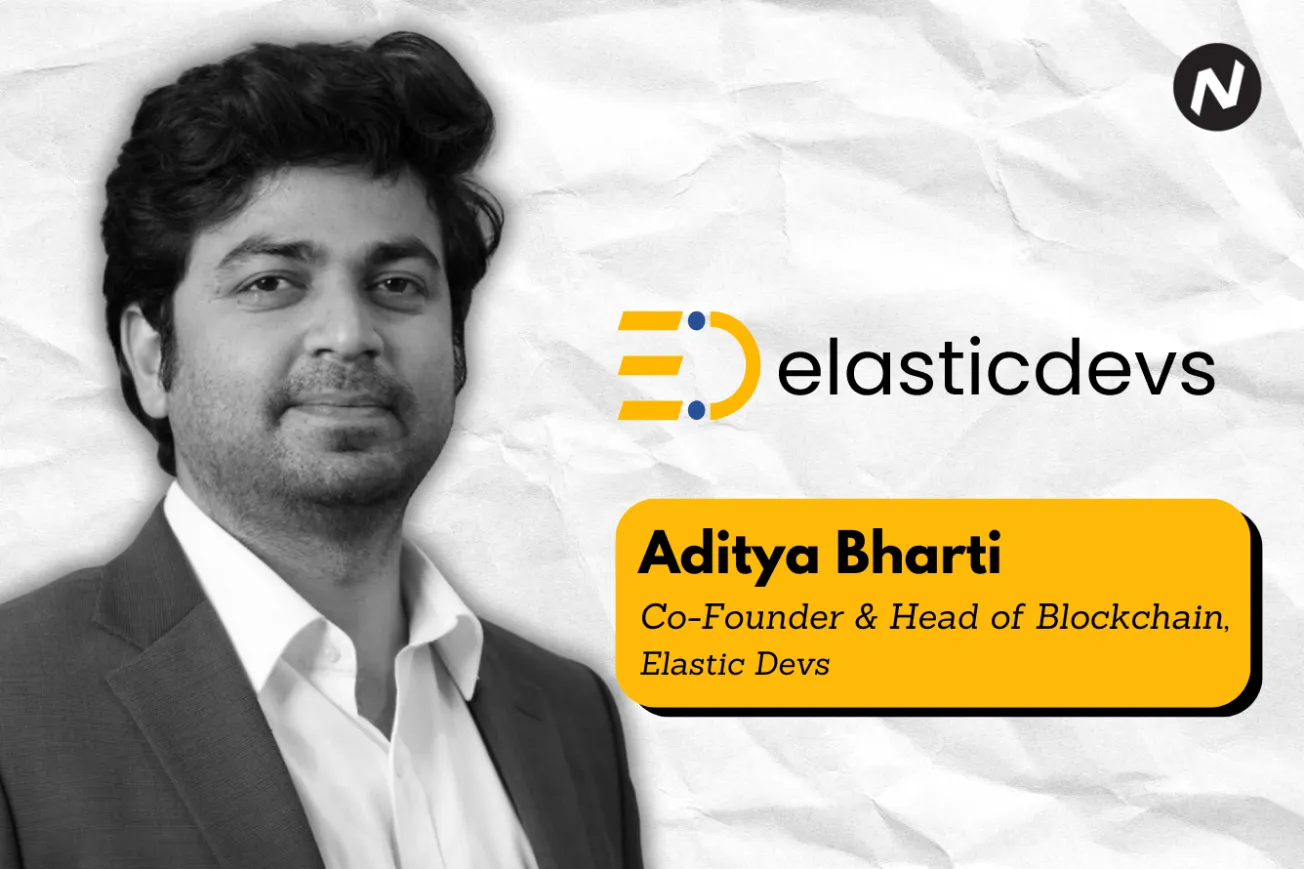Artificial Intelligence (AI) is currently the talk of the town. It's not just the giants like OpenAI and DeepMind making waves; even startups are going all out with their next big AI ideas.
A couple of years ago, India’s AI ecosystem, especially in Generative AI (GenAI), was still in its infancy. Fast forward to today, and the country’s GenAI space has made massive strides. For instance, as per an Inc42 report, India is now home to over 100 GenAI startups, which have collectively raised more than $600 million since 2019.
These impressive numbers speak volumes about the AI sector's growth and potential. Yet, this is just the tip of the iceberg. A lot is happening beneath the surface, and experts have plenty to share.
To delve deeper into the AI startup scene in India, we spoke with Dr. Sujata Seshadrinathan, Director of IT and Process at Basiz Fund Services, who was recently featured among the Top 30 Women in Finance by Startup Reporter.
Current AI Terrain in India
We began the interview by asking Dr. Seshadrinathan about the current landscape of AI startups in India and the key sectors driving innovation. Her insights were both detailed and enlightening.
According to a recent Nasscom report, India's AI market is growing at a CAGR of 25-35% and is projected to reach around $17 billion by 2027. The top categories for IT spending in 2023 include AI applications in data analytics, generative AI (GenAI), and machine learning (ML) algorithms.
“Young India, surging ahead with entrepreneurial ventures in digital transformation, has seen a significant increase in startups in the AI space over the past two years,” said Dr. Seshadrinathan.
“AI is making an impact in nearly every sector and industry, creating exciting opportunities for startups to pioneer new technologies. We are witnessing rapid development in proprietary AI platforms, data analytics, automation solutions, large language models (LLMs), and bespoke AI applications for specific industries.”
Further, the innovation within India's AI startup landscape is so dynamic that even tech giants like Google have taken notice. Google launched an accelerator program that received 750 applications and selected 20 firms to participate. Key sectors such as healthcare, banking and finance, and retail are emerging as hotbeds for innovative AI startup activity, advancing well beyond traditional chatbots and robotic process automation (RPA).
However, as India strives for a leadership position in the AI domain, several challenges impede progress. She highlighted the necessity of strategic planning in critical functions such as finance and marketing, alongside technological development.
“Infrastructure improvements like uninterrupted power supply and high-speed internet have certainly advanced, but we still lag behind other nations. AI startups require larger funding, and their lengthy gestation periods complicate this issue. Creating sufficient incubation support and customized financing products is essential until a growth trajectory is achieved,” Dr. Seshadrinathan remarked.
She also pointed out that talent acquisition and retention are major challenges, as effective AI relies on well-designed and intelligently created algorithms. Addressing the skills gap and strategic management issues could be achieved through upskilling, industry-academia partnerships, and robust mentoring support.
Excerpt From the Interview with Dr. Seshadrinathan
Newzchain: How effective are the current government policies and initiatives in supporting AI innovation and startups in India? Are there specific areas where you see a need for improvement or additional support?
Dr. Seshadrinathan: Government policies and initiatives have been pivotal in fostering the startup ecosystem and driving technology innovation in India. The government has extended support through financing, incubation, mentoring, and strategic planning departments and platforms, such as the India portal. However, to fully unlock the potential of AI startups, further efforts are needed to address ongoing challenges.
Over the past year, AI and ML job growth has exceeded 15%, with demand for AI engineers increasing by 67% year-on-year. Despite this, there is a significant skill gap in the industry. Bridging this acute talent shortage is crucial, and the government should take proactive measures to address it.
According to Stanford University's AI Index report, countries leading in AI innovation benefit from strong regulatory frameworks. In India, the absence of such regulatory support is a considerable obstacle.
Strengthening the policy and legal regulatory framework for both the startup and AI ecosystems is essential. Focused government support in areas such as infrastructure, financing, and skill development will be vital until the enthusiasm surrounding AI translates into tangible startup success stories.
Newzchain: What opportunities do you see for AI startups to contribute to or leverage Web3 ecosystems?
Dr. Seshadrinathan: India's adoption rates for technologies like AI and decentralized blockchain applications are higher than most other countries. As a recognized technology leader, India stands to benefit immensely from the Web3 ecosystem, which aims to reduce Big Tech's centralized control over the web.
AI startups have a first-mover advantage in this democratized Web3 scenario. NASSCOM projects that Web3 could create over 800,000 jobs in India. Industry reports highlight India as one of the largest Web3 ecosystems globally, with over 1,000 startups. Additionally, the number of blockchain developers has grown from 3% in 2018 to 12% in 2023, the highest among emerging markets.
In the past two years, over 450 Web3 startups in India have raised $1.3 billion in funding. Experts predict that Web3 and blockchain could add $1.1 trillion to India's GDP by 2032. These startups are focusing on decentralized finance (DeFi), decentralized applications (dApps), and non-fungible tokens (NFTs) to drive this growth. And AI startups have a unique opportunity to integrate with these technologies, enhancing Web3 ecosystems and driving further innovation and growth.
Newzchain: What ethical considerations should AI and Web3 startups in India prioritize as they develop new technologies, and how can these startups ensure they are aligned with global best practices?
Dr. Seshadrinathan: AI and Web3 are seen as pivotal points that can propel India to global leadership in the startup space. These technologies are revolutionizing the way we live and work, transforming industries across the board. However, they are also susceptible to unethical use if not carefully monitored. Issues such as data misuse, consent, privacy, and the development of harmful applications are potential risks.
To mitigate these risks, AI and Web3 startups should establish a robust framework of controls. This includes ensuring data correctness and traceability, privacy and security, accountability, and the protection of intellectual property rights. They must avoid creating or reinforcing unfair biases, particularly in data collection and algorithmic decision-making, which could lead to unfair outcomes.
Startups can align with global best practices by following industry and governance publications from accredited agencies, participating in relevant conferences, and leveraging the expertise of mentors offering consulting support. Assigning responsibility and liability for AI behavior is a continuous process, essential as these systems rapidly evolve. Unless controlled for ethical considerations, AI and Web3 could create serious issues that can adversely impact society and the whole industry.
The AI Opportunity for India
AI, today, is reshaping industries, economies, and societies in India. With a massive talent pool, entrepreneurial spirit, and rich data resources, India stands at the forefront of this revolution. By addressing the challenges and leveraging opportunities in AI and Web3, the country can solidify its position as a global leader in technological innovation.
Also, India's strategic efforts in infrastructure, regulatory frameworks, and skill development will be crucial in realizing the full potential of AI, driving economic growth, and shaping the future of global technology.
Edited by Harshajit Sarmah









